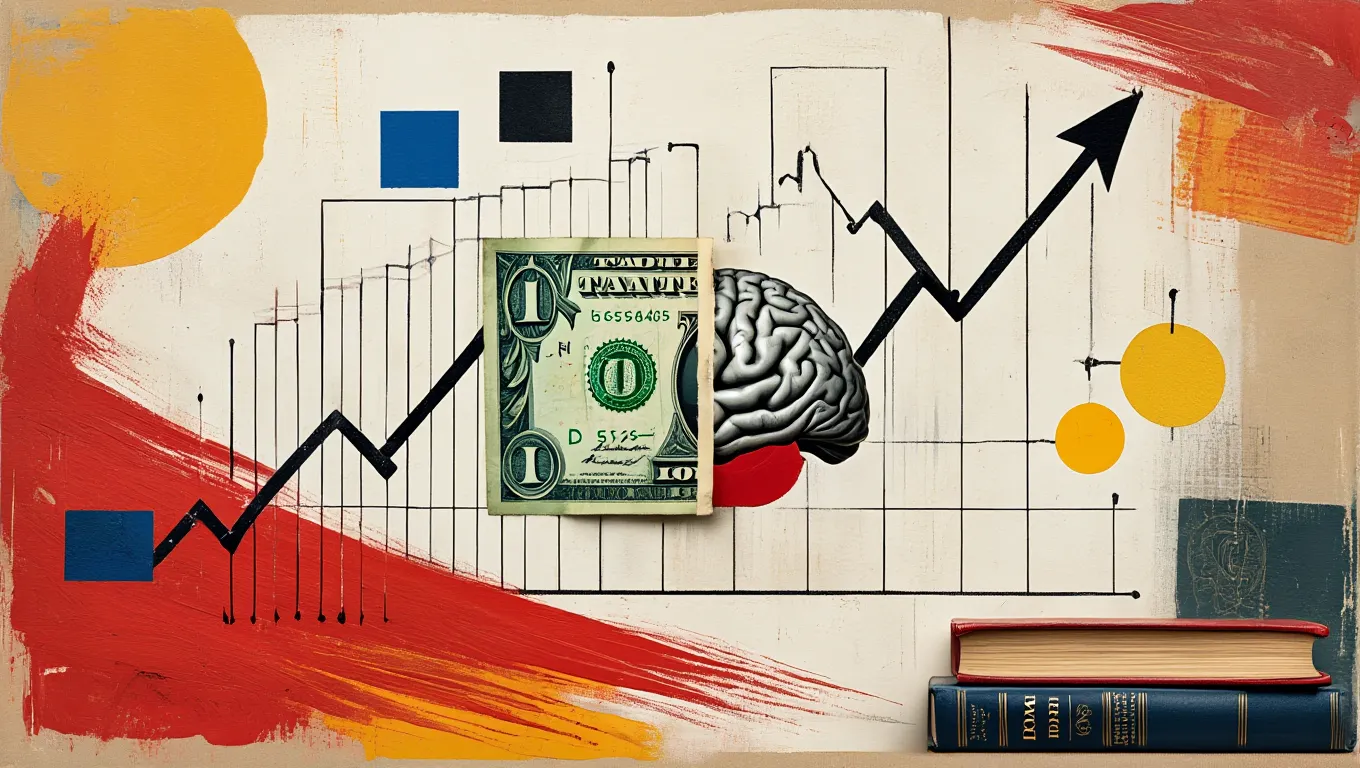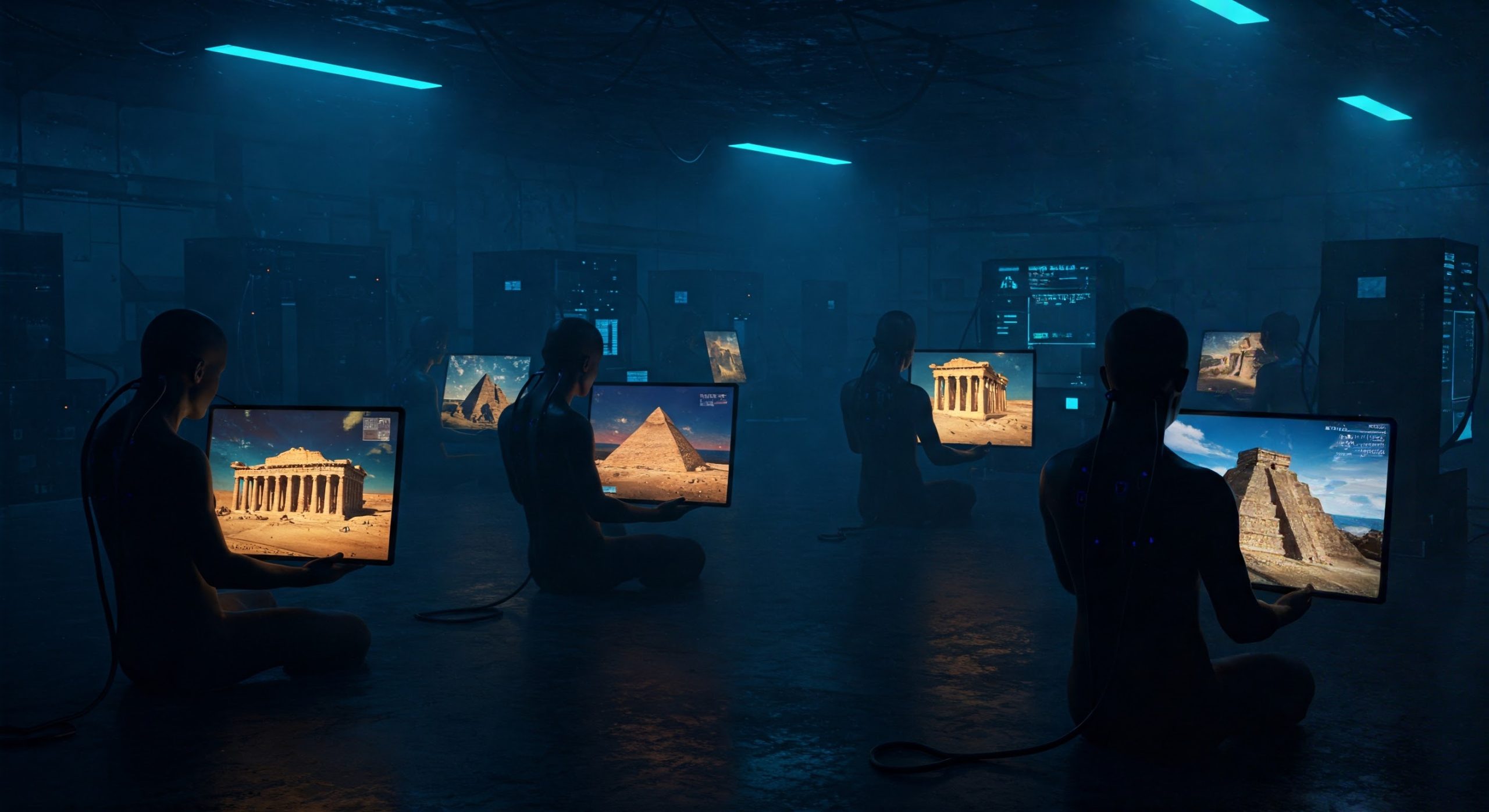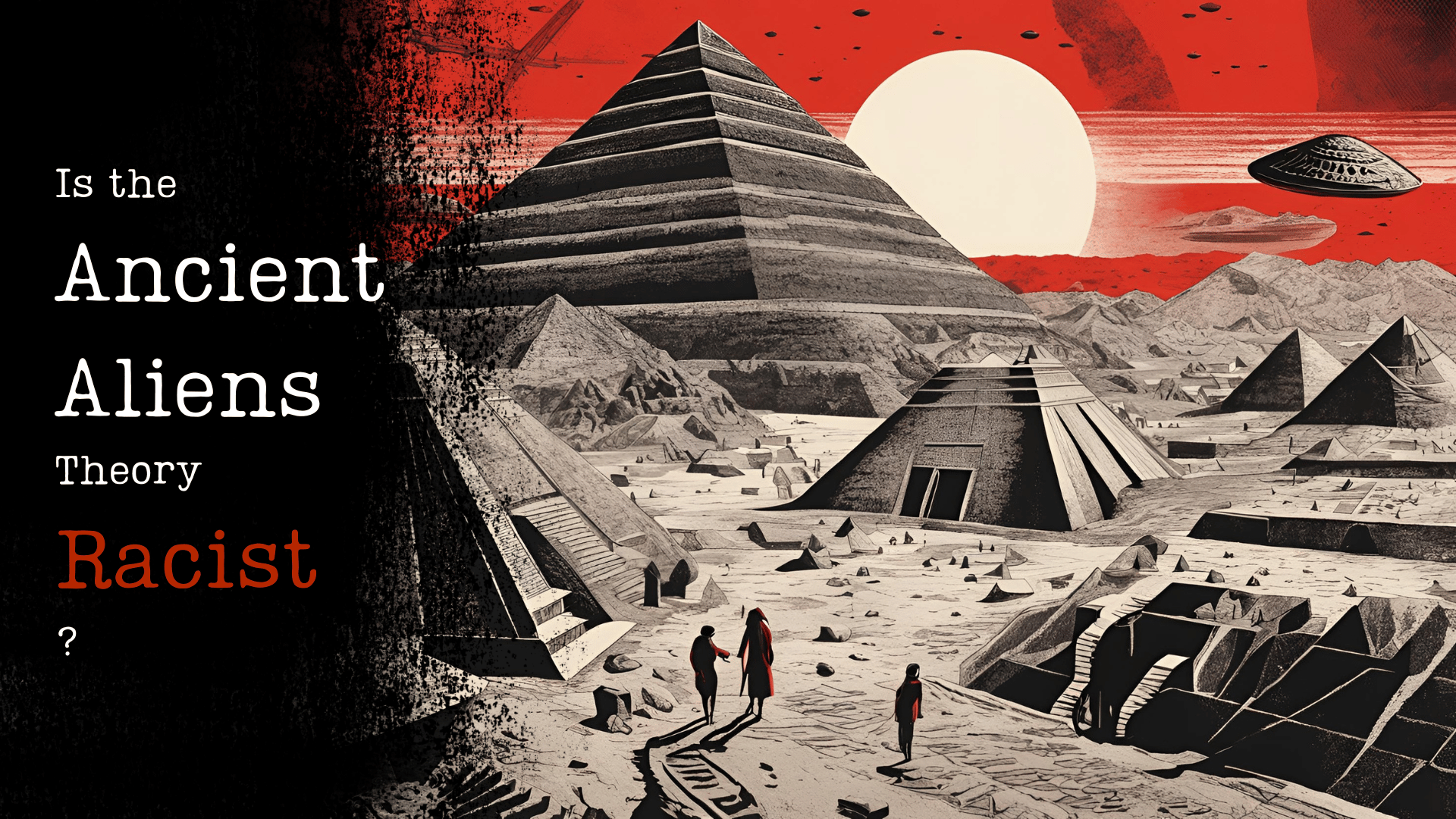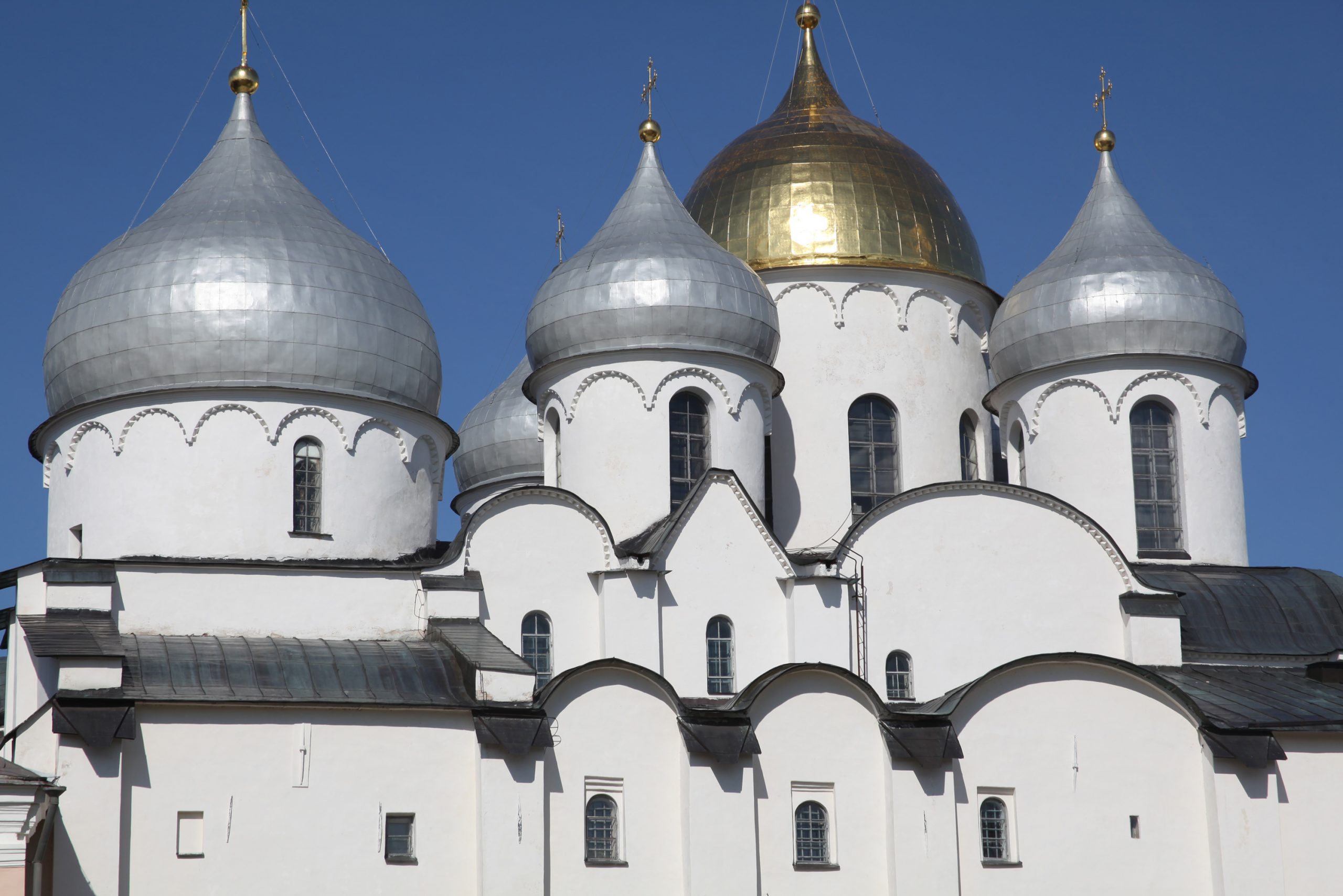Why Non-Profits Must Make a Profit
As you know, World History Encyclopedia is a non-profit organisation, and proudly so. Having a mission for the greater good and not answering to investors or shareholders allows us to focus on doing the right thing, not on revenue. Revenue is always a secondary consideration for us. For example, last month we were approached with an opportunity to allow political advertising on our website, which we were told would increase our advertising revenue in the coming months due to the election in the United States this year. However, we turned down the offer as we take a strictly neutral and non-political stance, which is important to our mission. Nevertheless, non-profit organisations (including ours) actually need to make a profit. This may seem counterintuitive at first given their name, but it is true: Without profits, a non-profit organisation will struggle to improve, grow, survive and ultimately fail to fulfil its stated mission and purpose. What is a Non-Profit Organisation? Before we dive into my argument, let’s examine what “non-profit” actually means. The precise definition is slightly …





